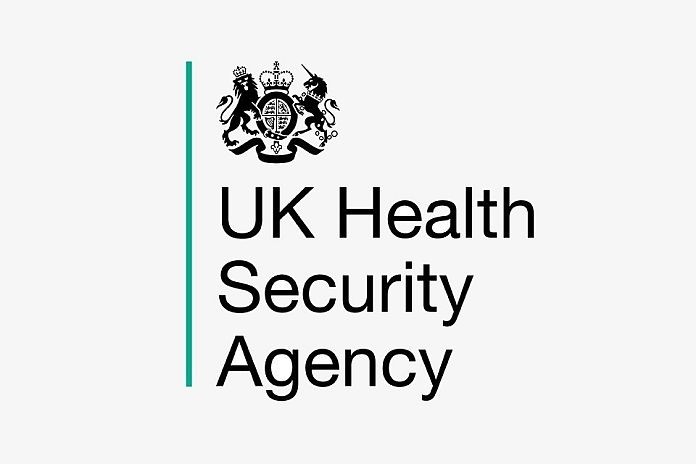
By Caribbean News Global ![]()
LONDON, England – The nationwide mpox outbreak vaccination programme is due to come to a close at the end of July. However, the UK Health Security Agency (UKHSA) announced Friday, that vaccinations will be available beyond this date in London after 11 new cases were diagnosed within the past few weeks.
Professor Susan Hopkins, chief medical adviser at UKHSA, said:
“It is vital we respond to recent rises in cases, and that is why we are extending mpox vaccinations in London. If you live in London or regularly travel there or abroad and have sex and are eligible for vaccination, please do consider it. The vaccination programme remains open nationwide for everyone eligible until the end of July, and I would urge all those who haven’t yet received their first or second dose to come forward. While mpox infection is mild for many, it can cause severe symptoms including unusual rashes and blisters, a fever and headache, so it’s important people remain alert to the risks. Vaccination is key to reducing the severity of symptoms and preventing further transmission.”
UK Health Security Agency, advised in a press release Friday, that:
“The majority of these cases were in unvaccinated individuals and three were in those who had only received one dose. The highest risk from mpox is currently in London, primarily in interconnected sexual networks of gay, bisexual, or other men who have sex with men. This is where the majority of cases have been detected so far this year. Nationally, vaccine remains available for the next six weeks. UKHSA is keeping a close eye on any new cases and is working with NHS England (NHSE) and partners to assess feasibility of further options for vaccine availability around the country, particularly in response to any new clusters. After the end of July, people who are regularly travelling to London or abroad to have sex and are eligible for the vaccine will be able to book a London-based appointment using the vaccine finder.”
Health minister Maria Caulfield, said:
“Thanks to the swift action taken to roll out mpox vaccines to the most vulnerable, overall cases across the country have been very low in recent months. However, we must remain vigilant, and in light of the recent cases in London, it is right to extend the mpox vaccination programme in the capital for first and second doses. Please do not delay coming forward for the maximum protection. Visit a sexual health clinic offering the vaccination to reduce your risk of becoming seriously ill.”
UK Health Security Agency, advisory continued:
“Those eligible for the vaccine include gay, bisexual or other men who have sex with men who have multiple sexual partners, participate in group sex or attend sex on premises venues. Staff who work in these premises are also eligible.”
Dr Claire Dewsnap, president of the British Association for Sexual Health and HIV (BASHH), said:
“We strongly encourage all those eligible to book an appointment to receive an mpox vaccination, especially given the worrying recent spike in cases. One dose of the vaccine provides protection against the virus and the second dose can further prevent severe symptoms and transmission. This is particularly important as we move into the summer months, during which festivals and events are more common, increasing the likelihood for people to have multiple sexual partners,” adding, “contact your local sexual health clinic and ask about the mpox vaccine, or if you have an existing appointment please do use this opportunity to find out more about mpox vaccination. Protect yourself by booking your mpox vaccination today.”
According to the UK Health Security Agency, press release on Friday:
“Case numbers remain low nationwide with just 21 cases of mpox reported in the UK since the beginning of the year. The government remains committed to sustaining reduced transmission of mpox and achieving the ultimate goal of eliminating transmission of the disease in the UK.
“Everyone at highest risk from mpox is eligible for 2 doses of the vaccine; UKHSA data has shown that one dose of the vaccine offers 78 percent protection against the virus from 14 days after receiving it, and the second dose aims to provide longer-term protection.”










